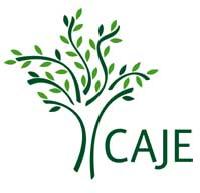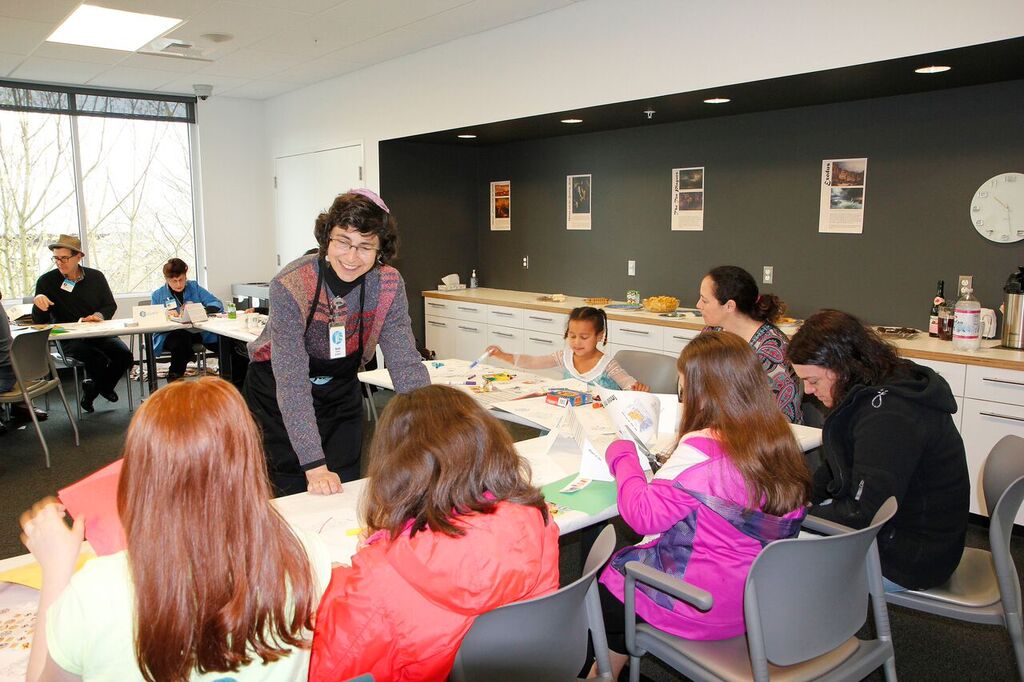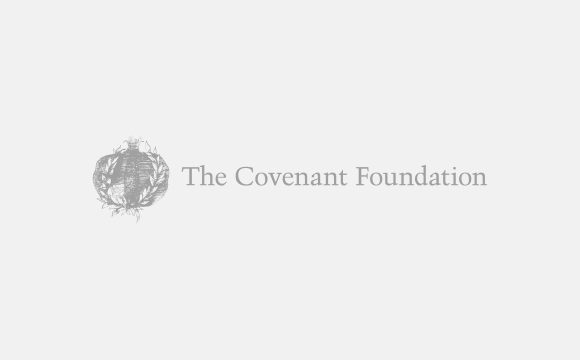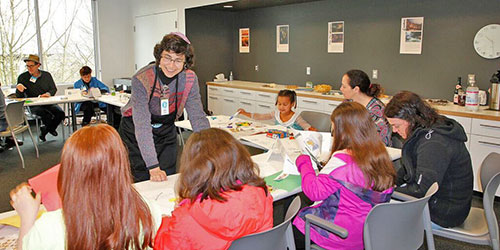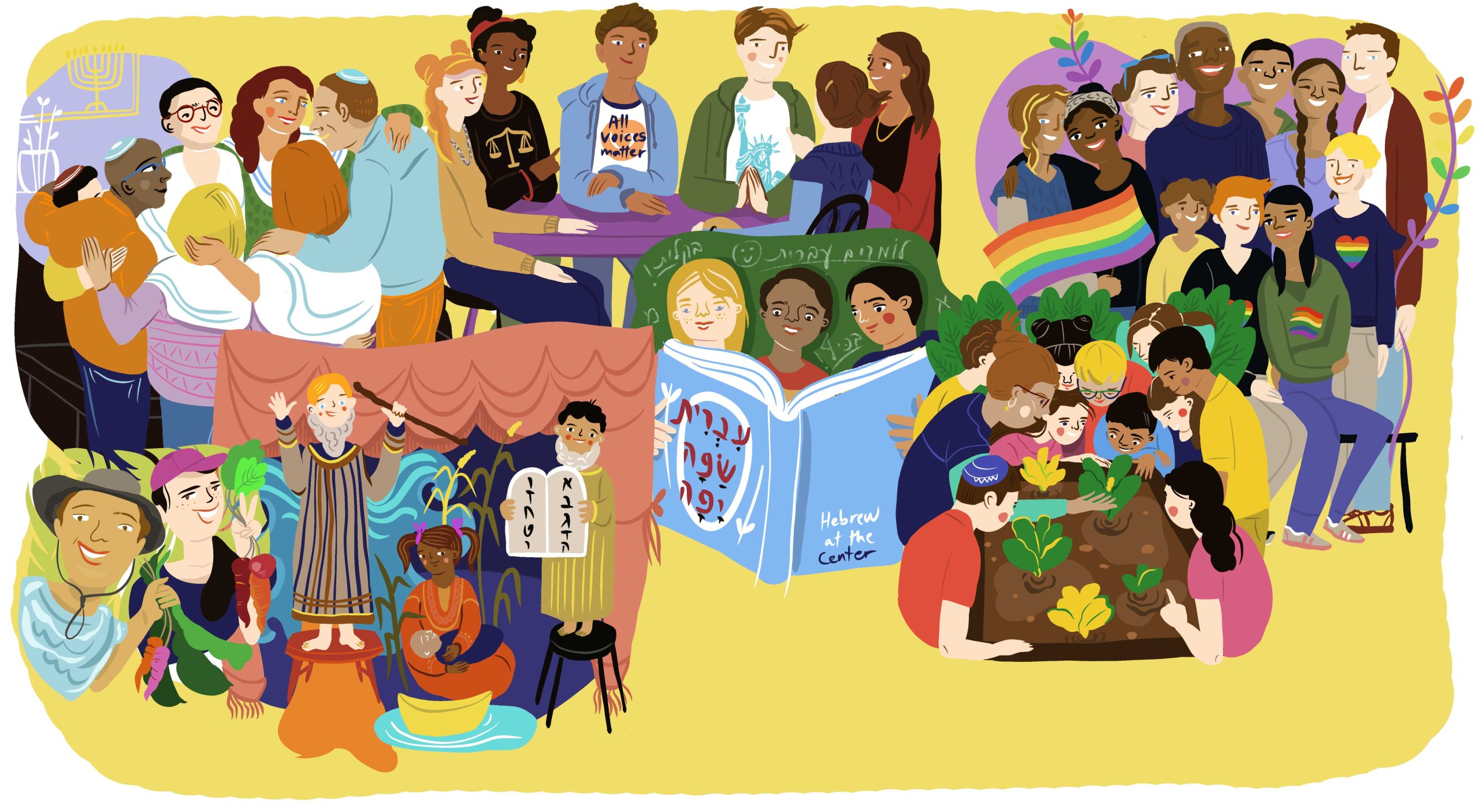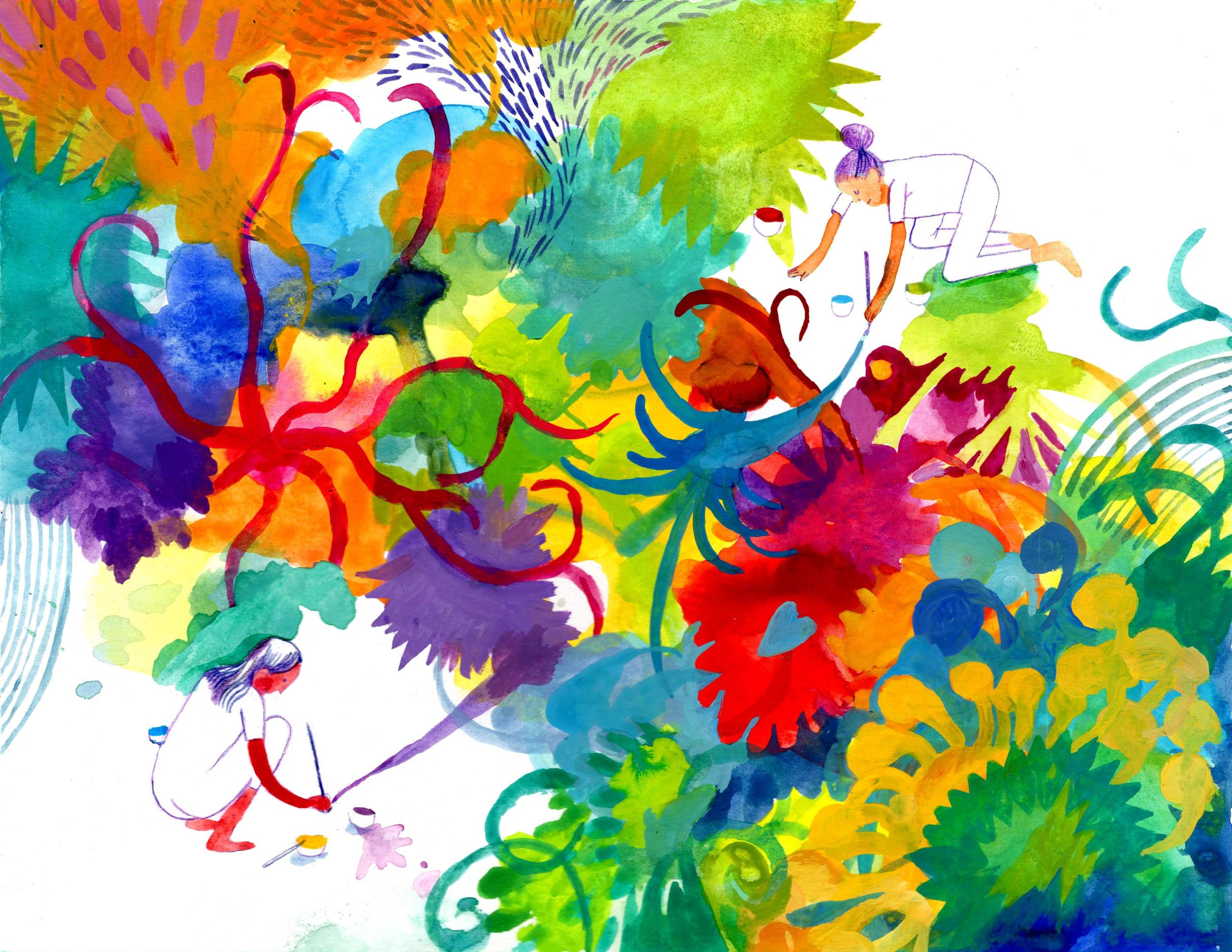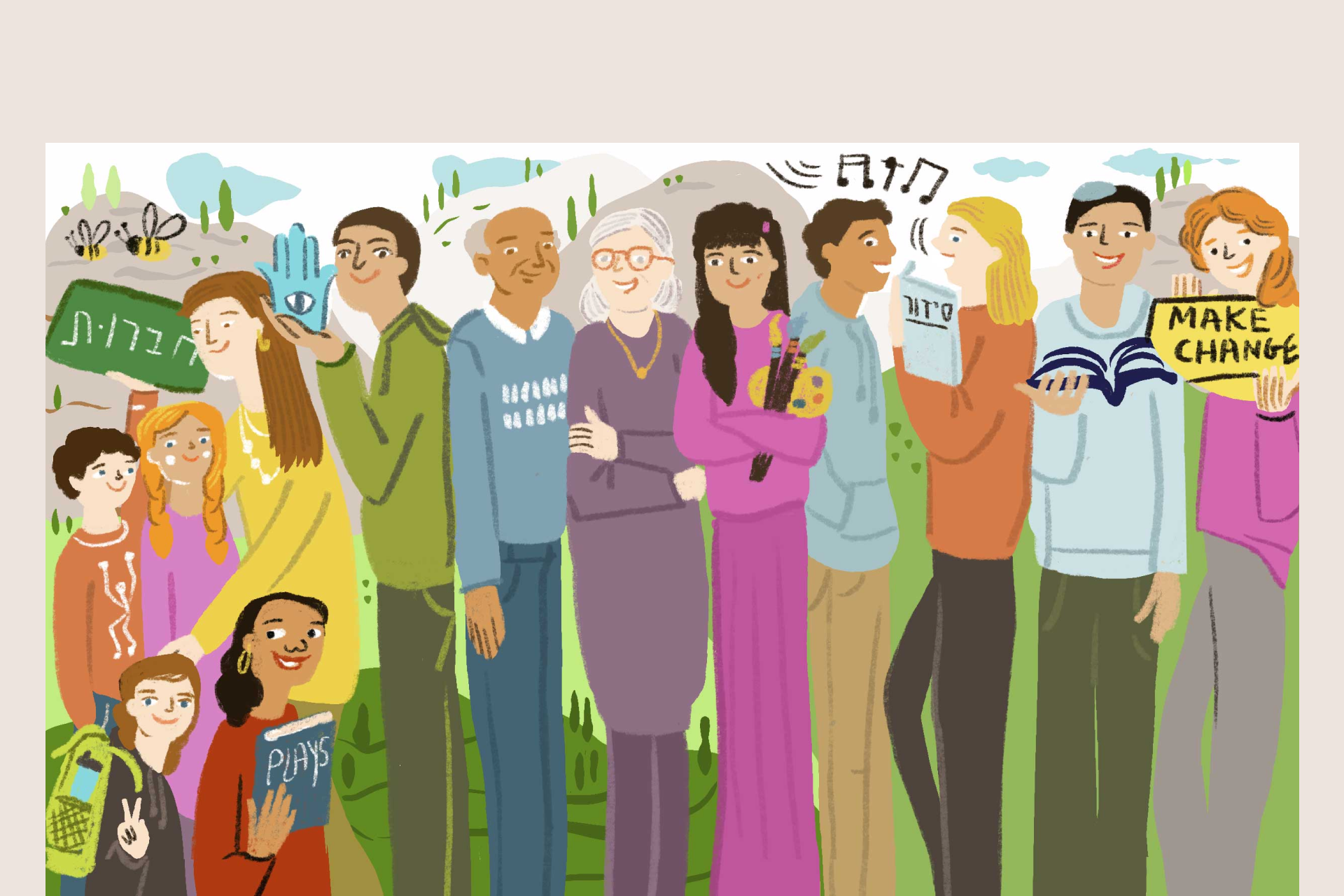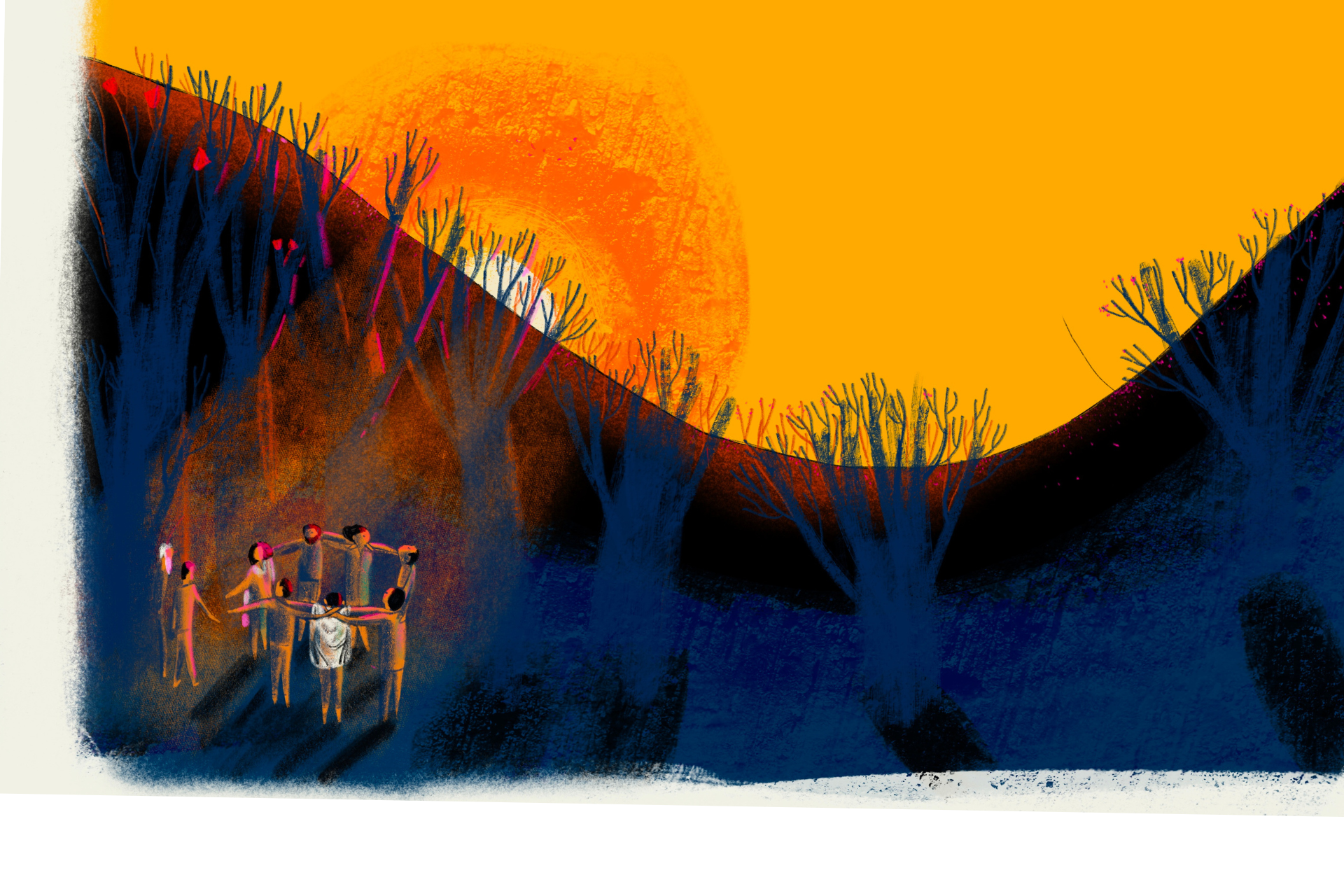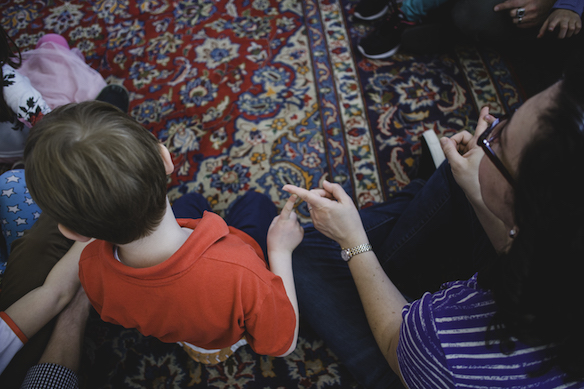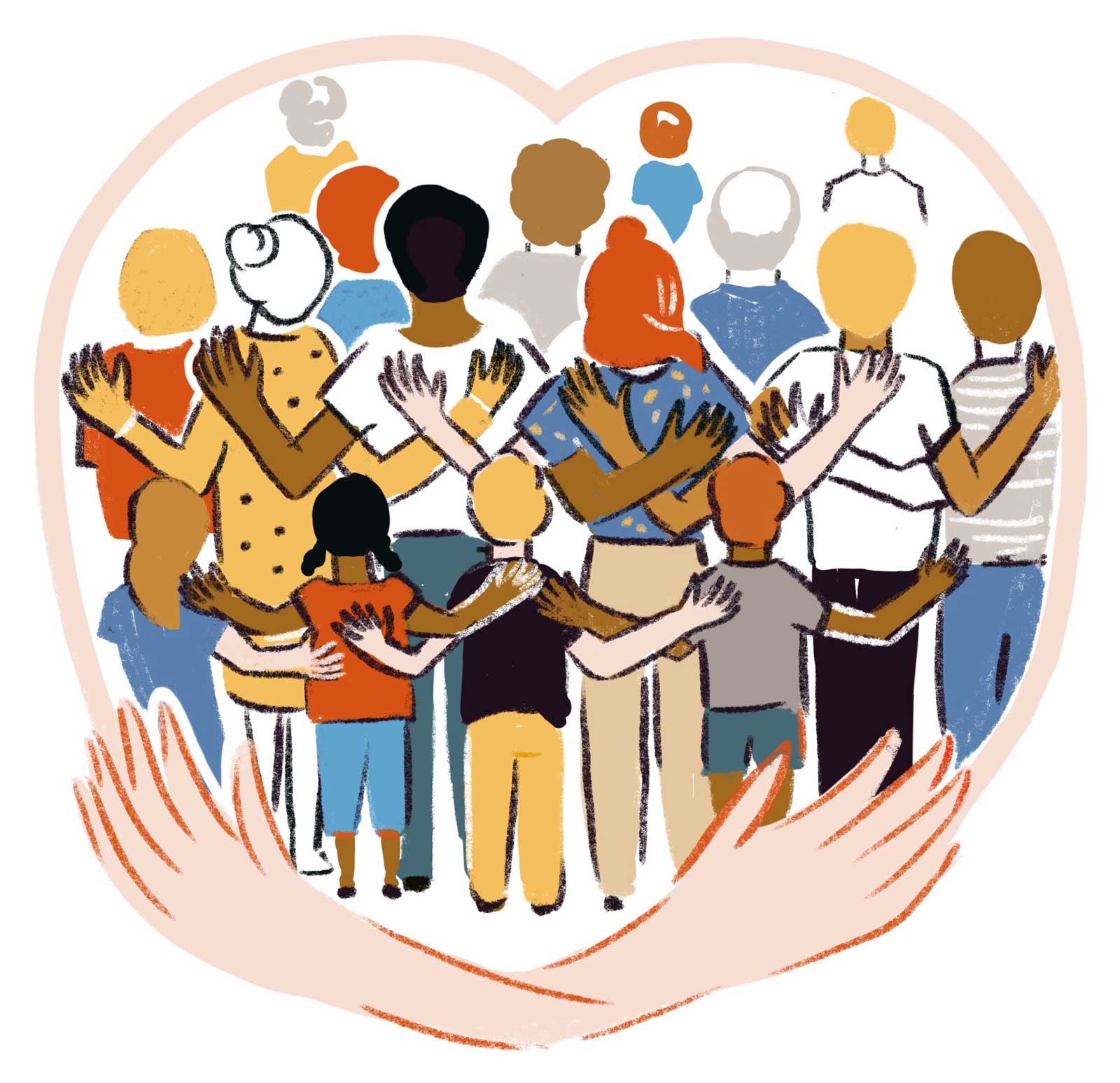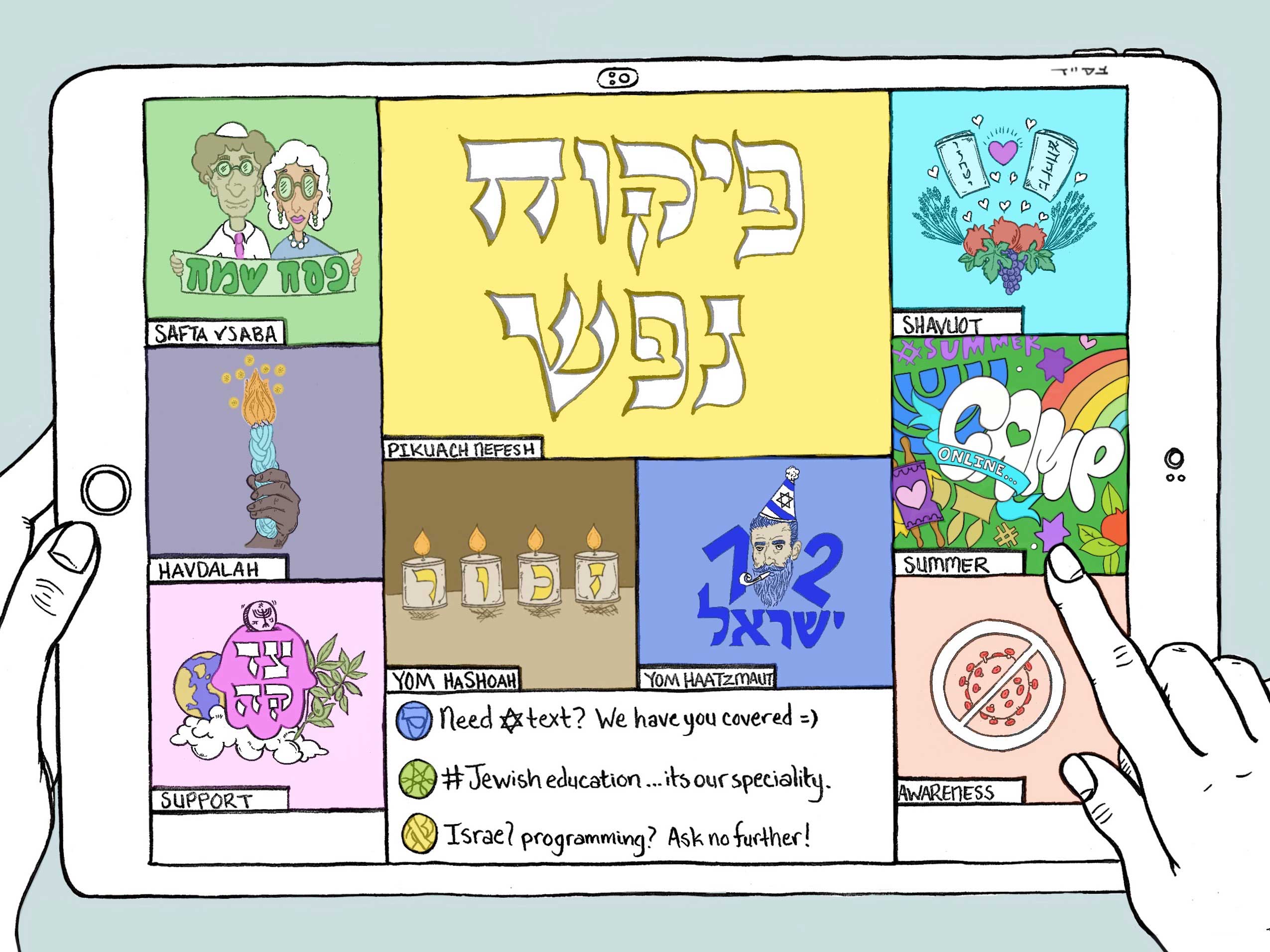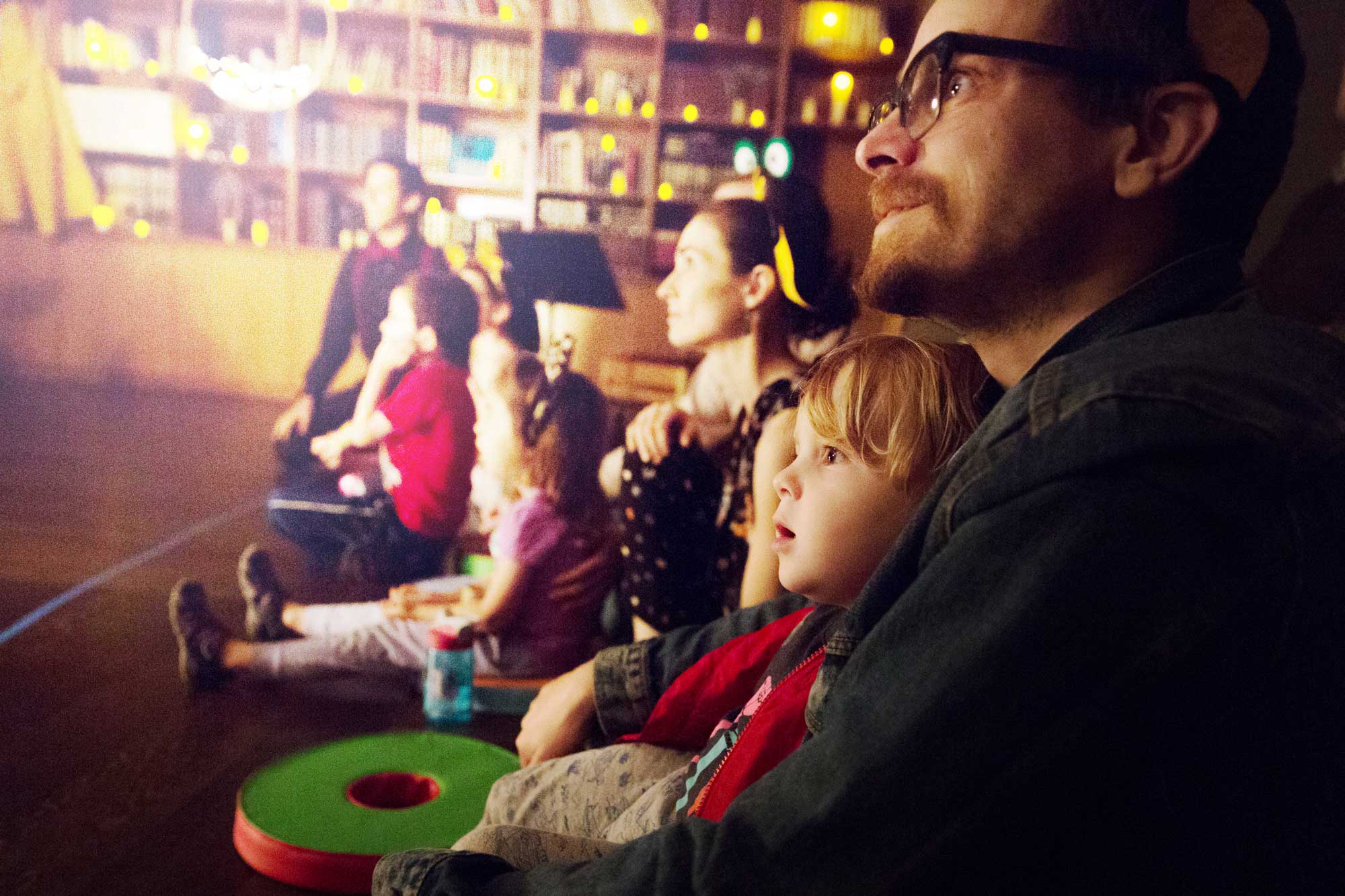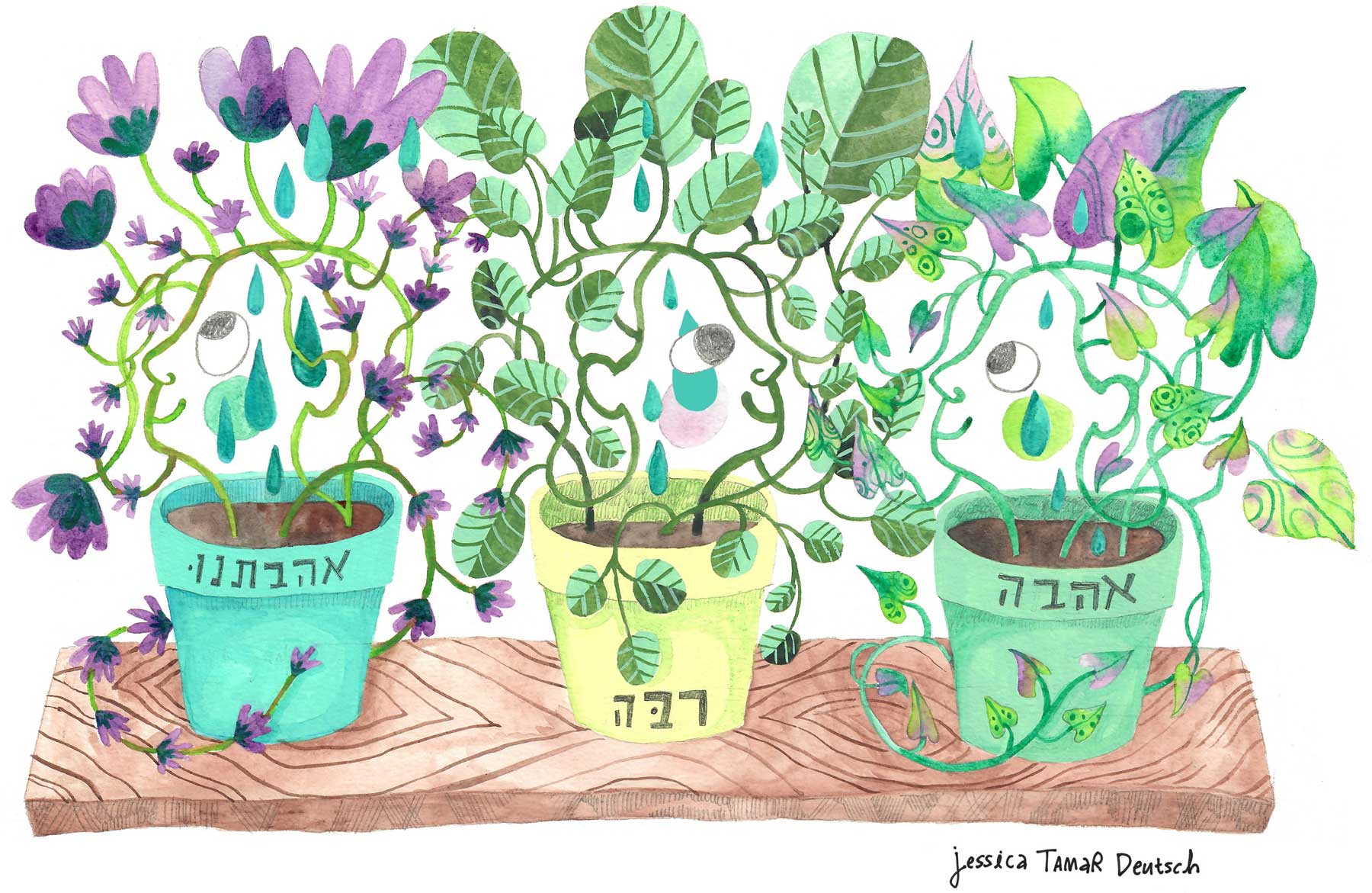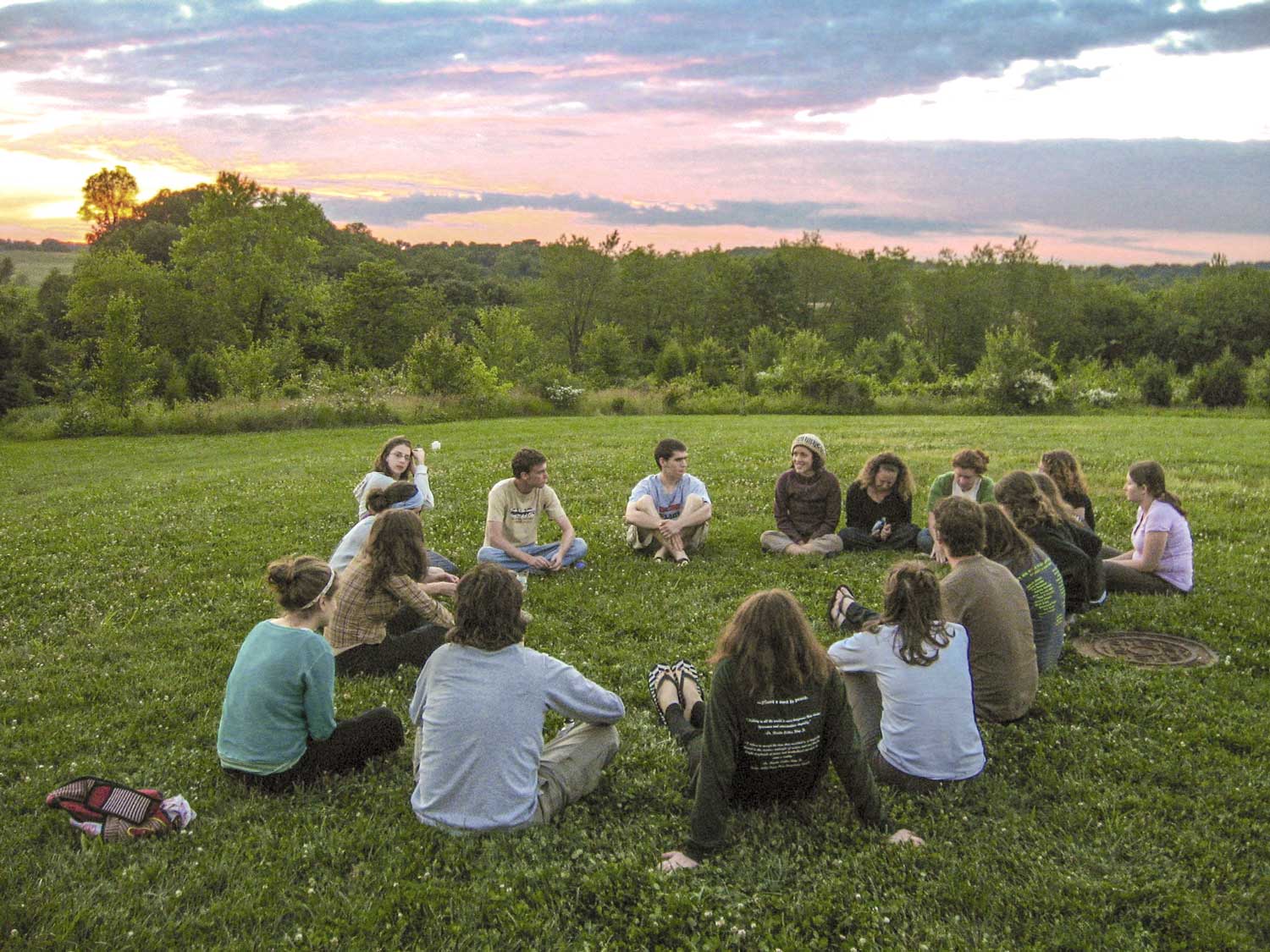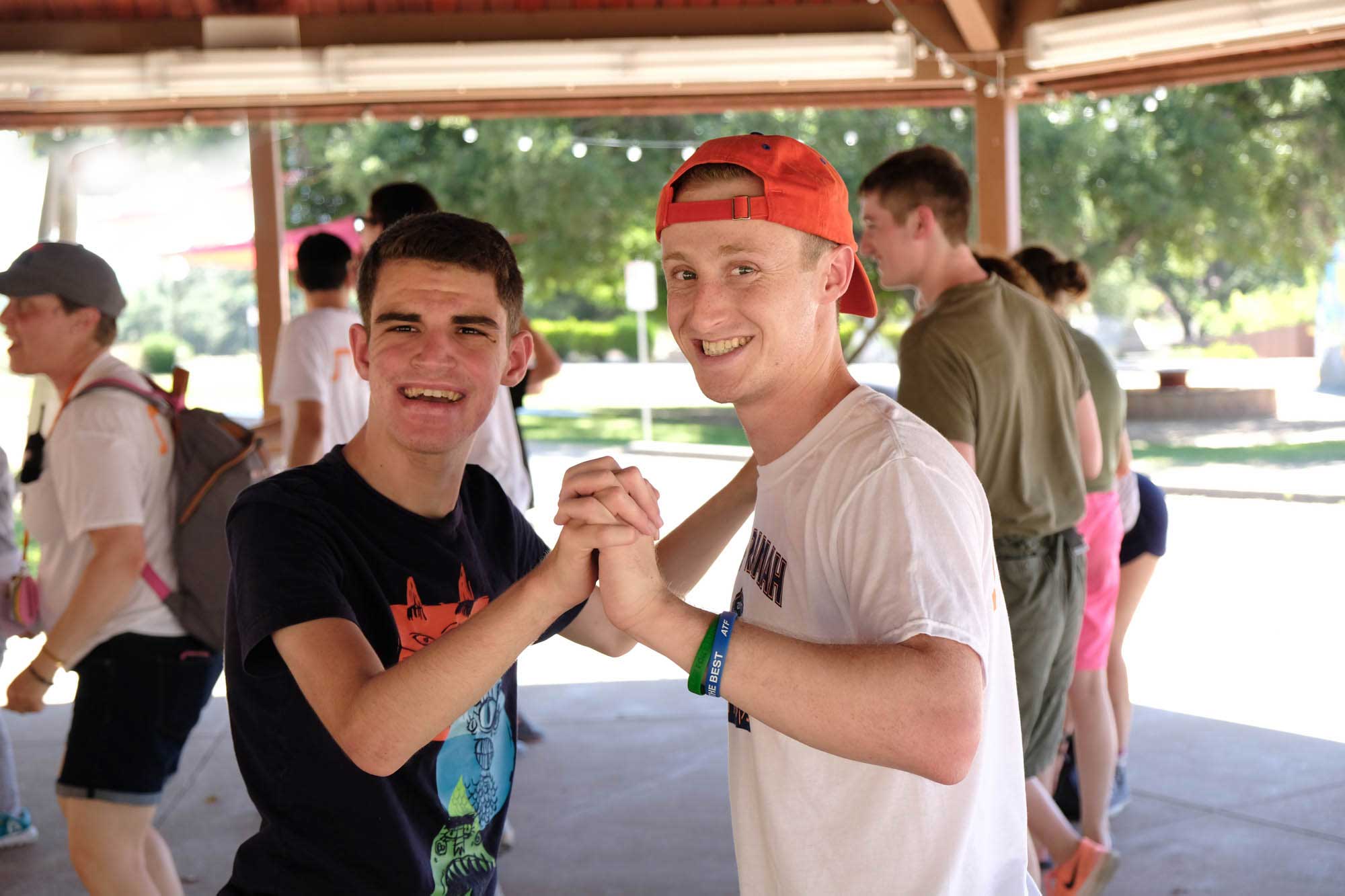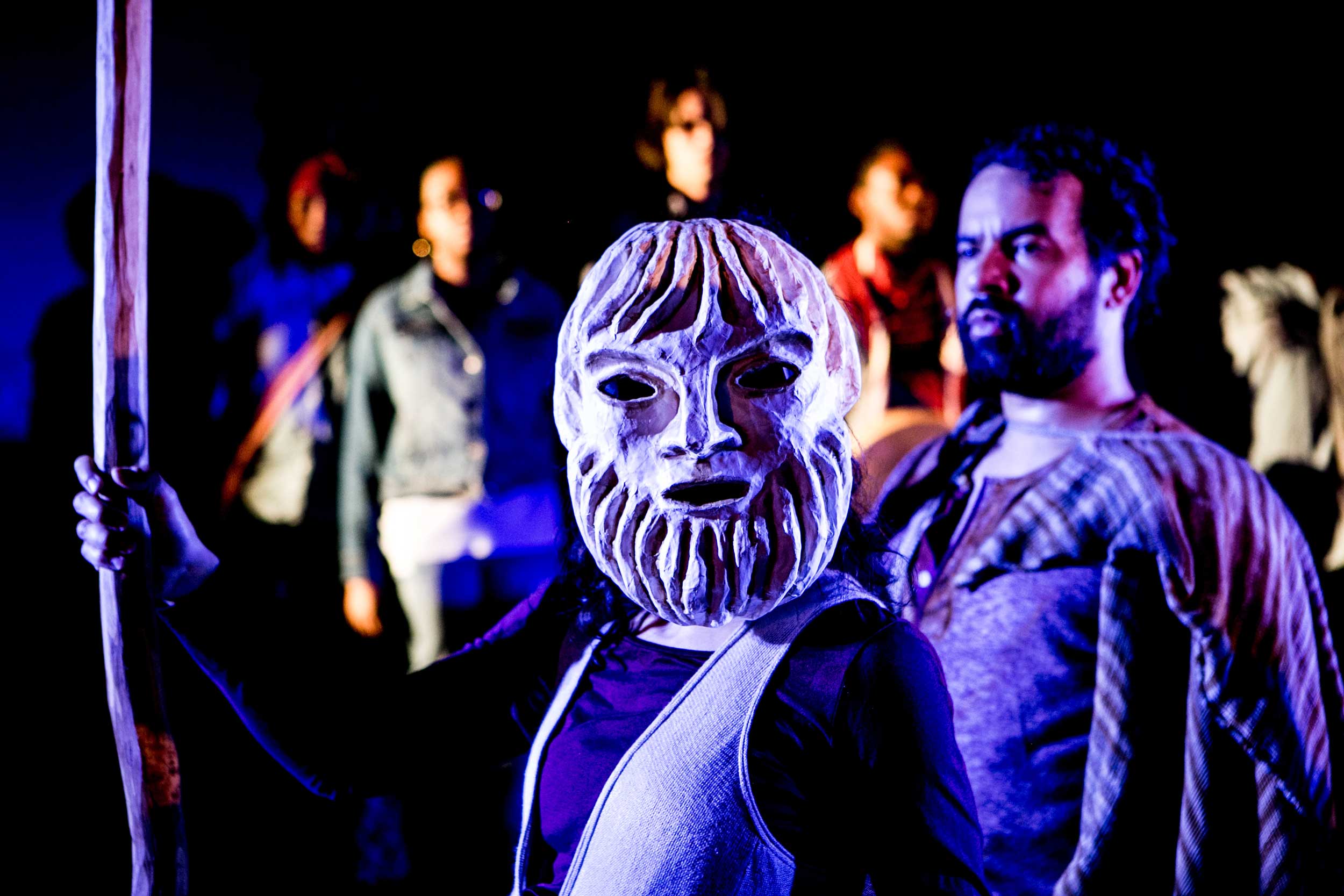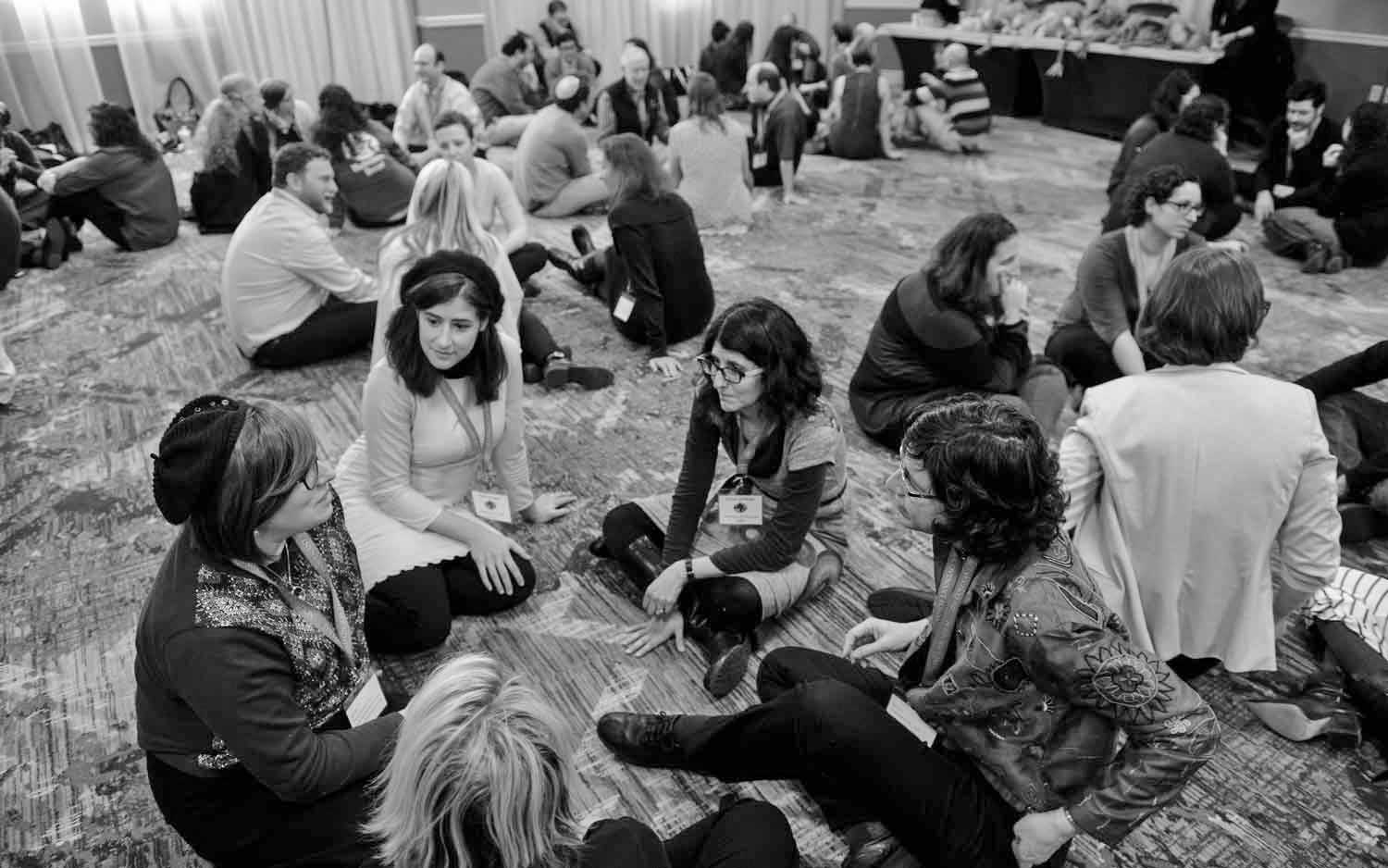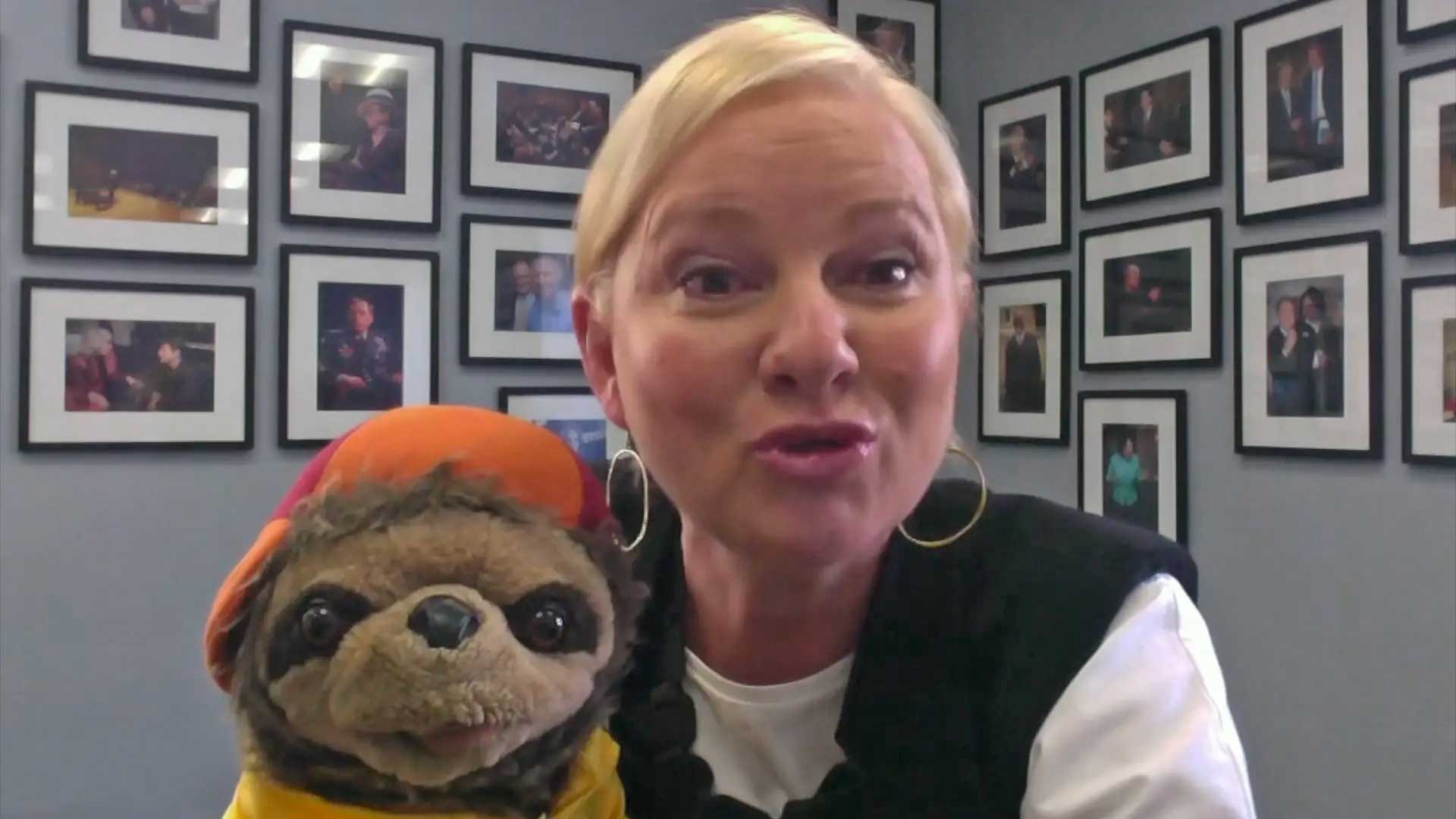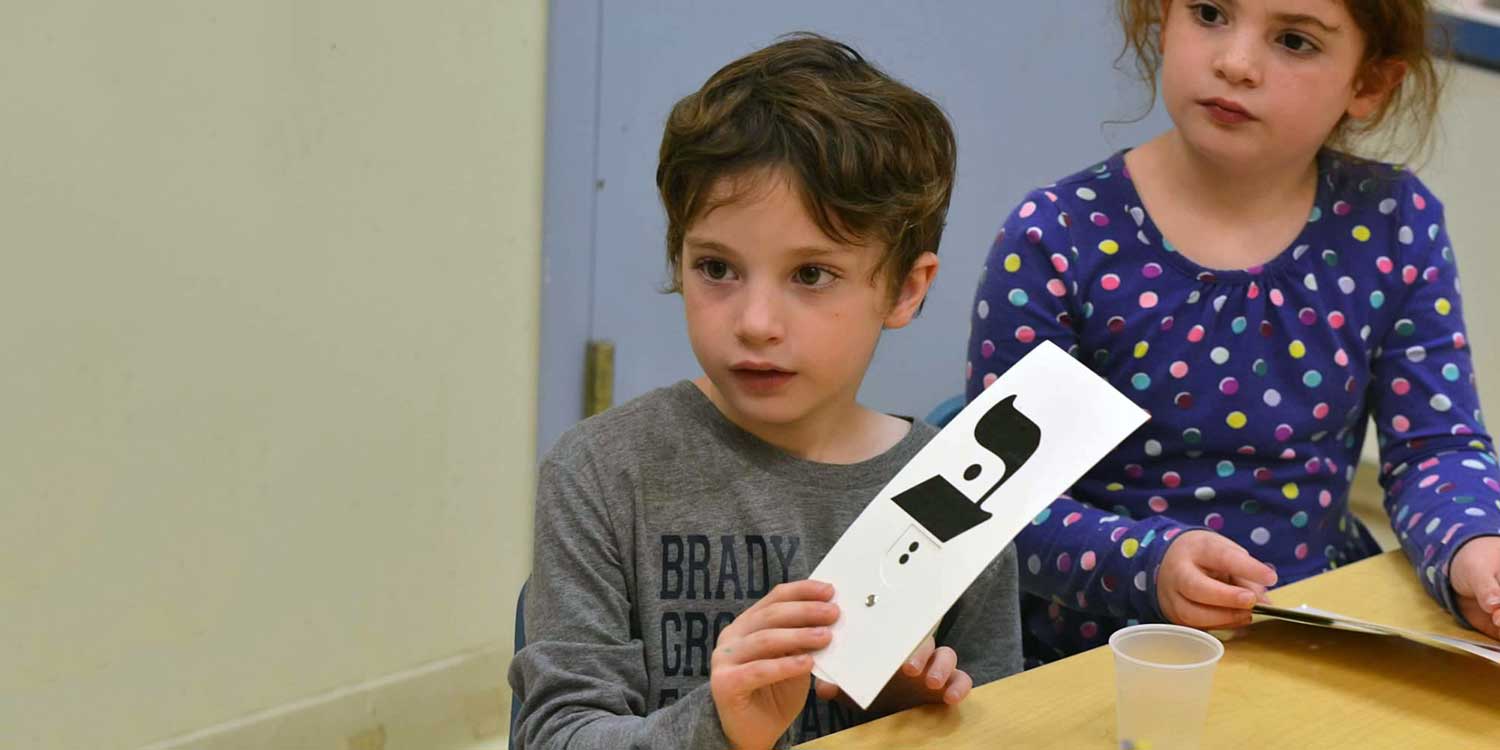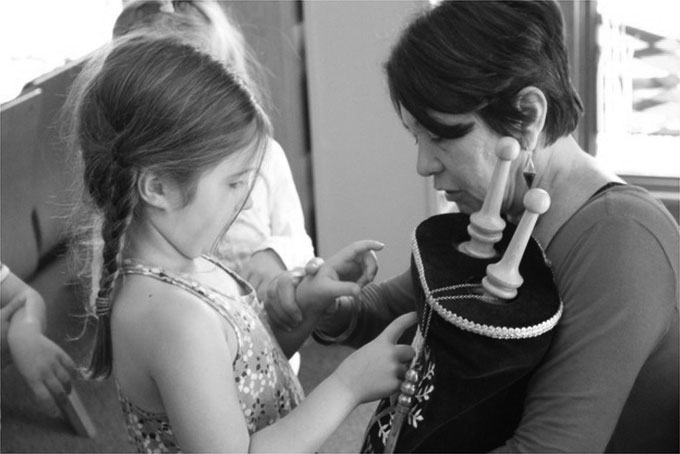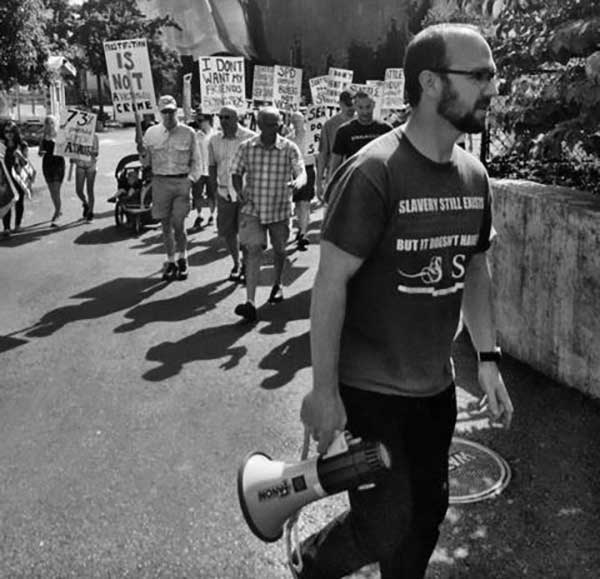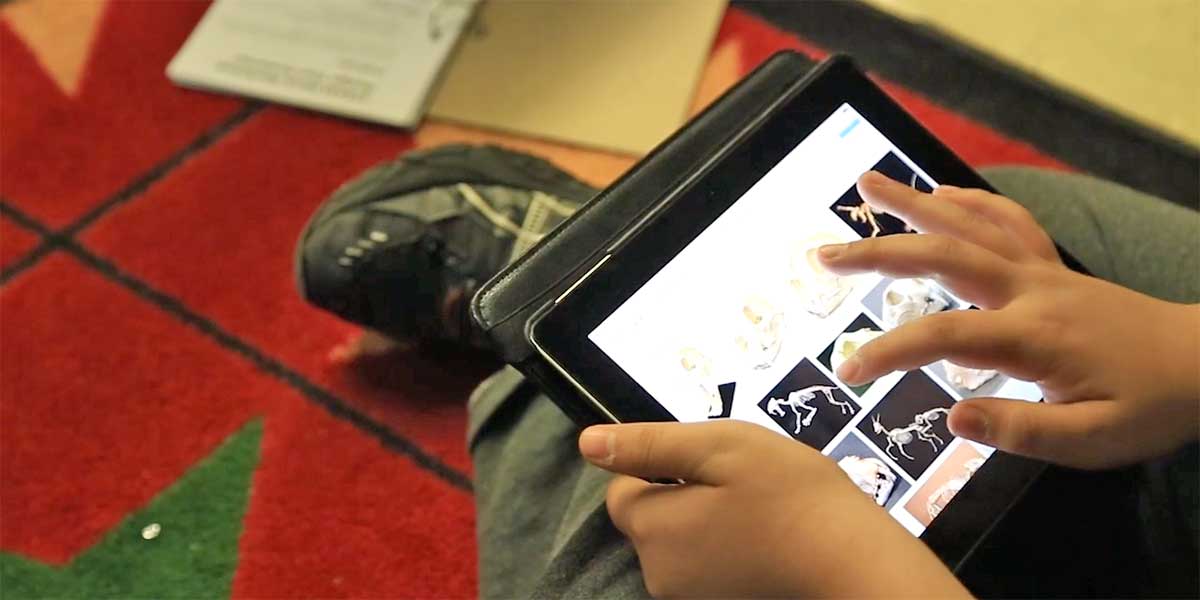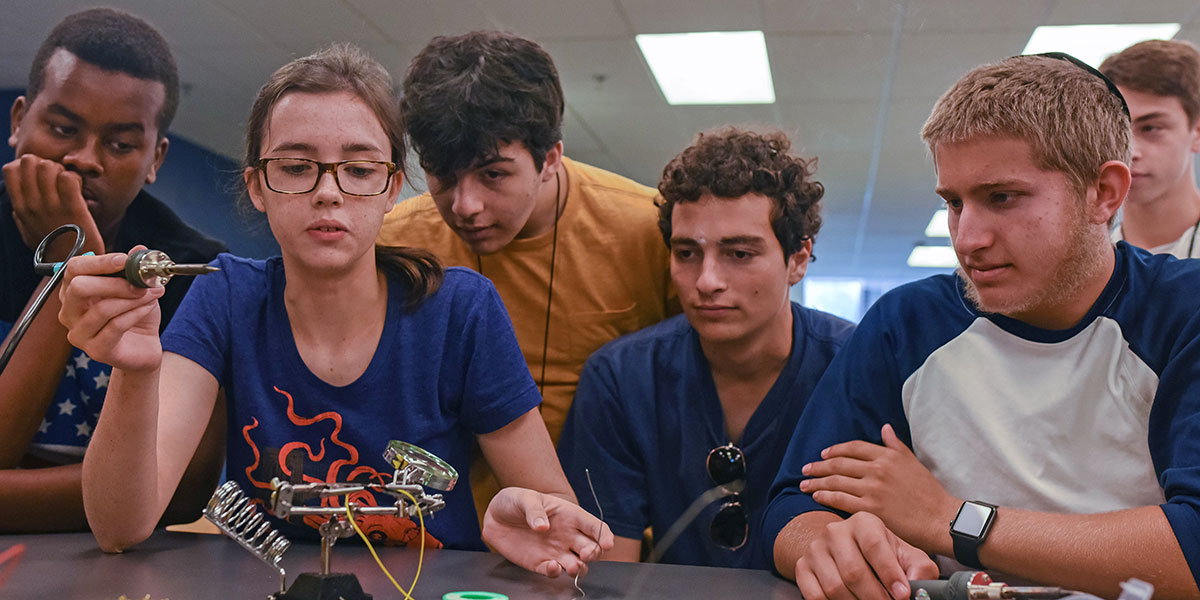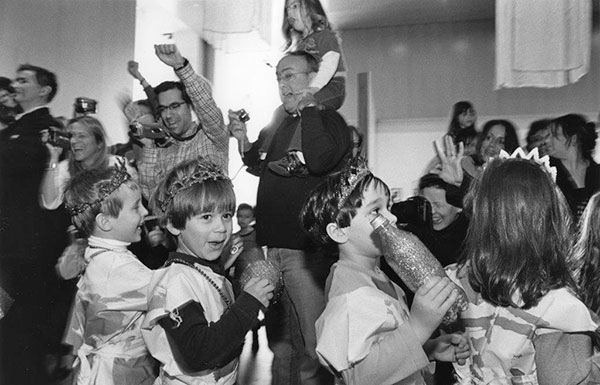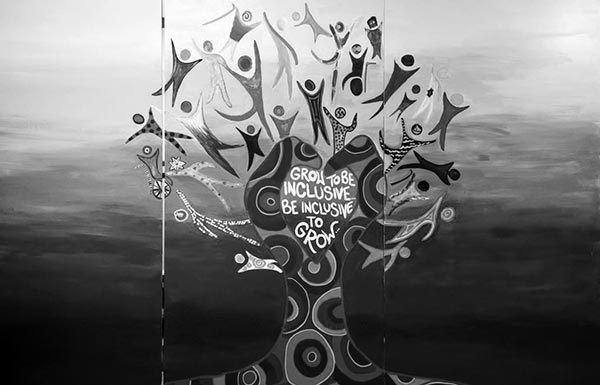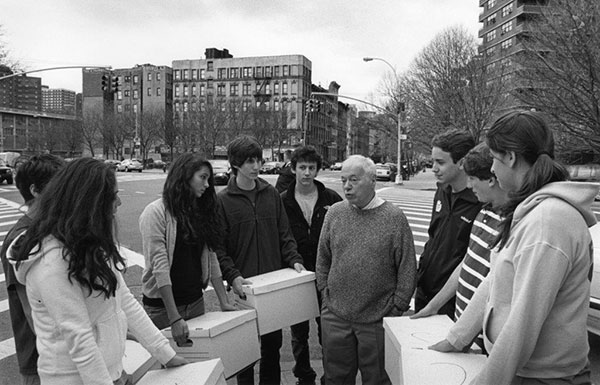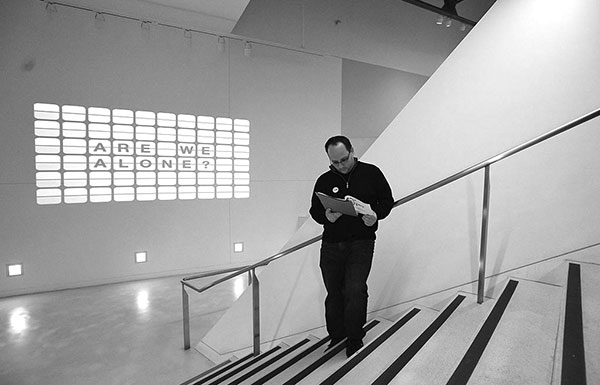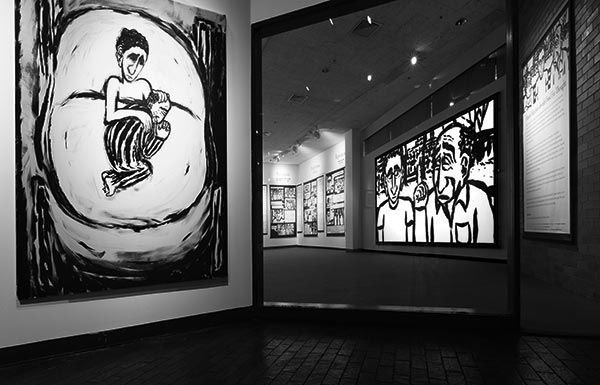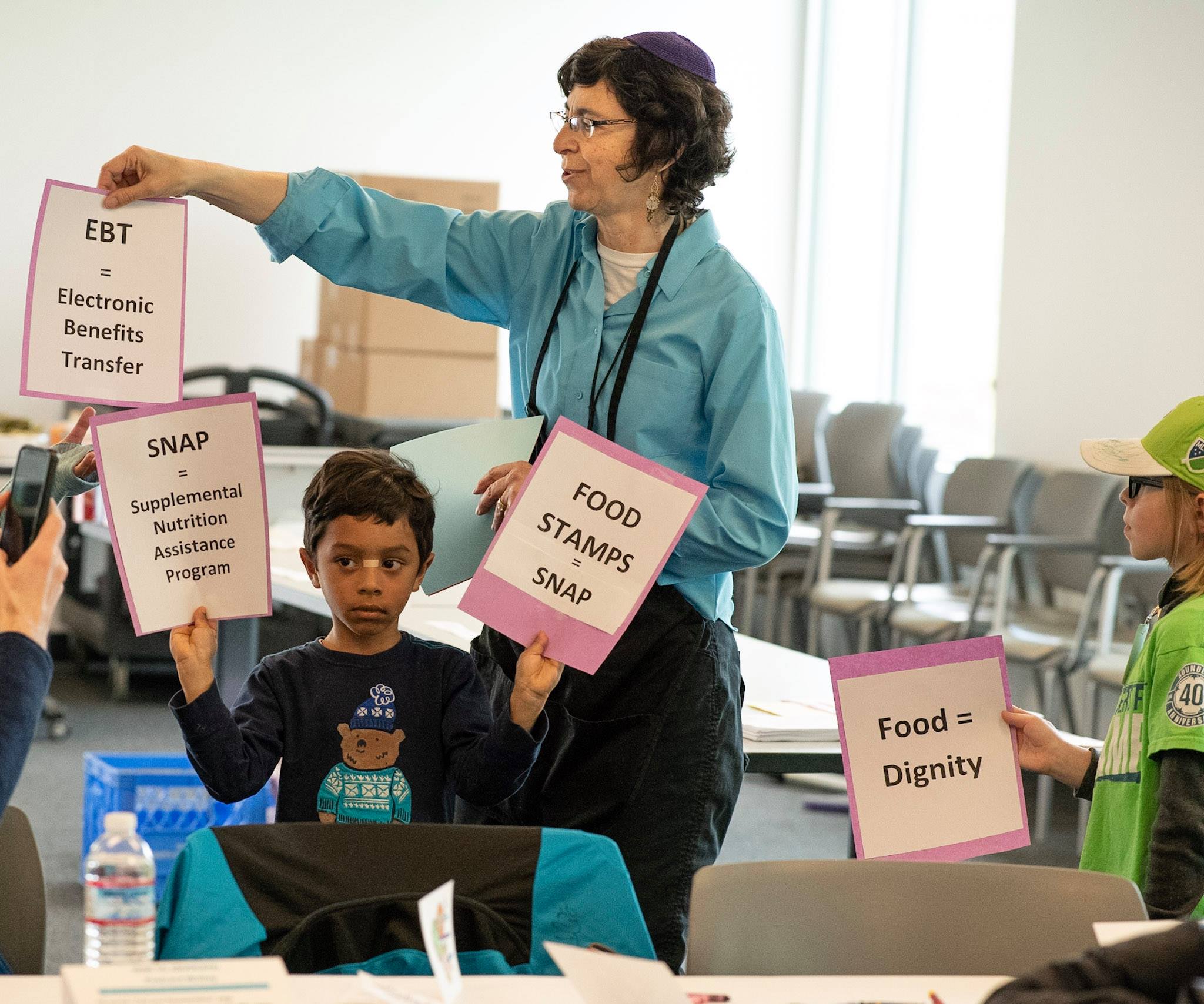
ARTICLE Finding the Light at JFS: Project Kavod, Eight Years Later
Over eight years ago, when Covenant Award recipient Beth Huppin was writing a grant proposal for what would become Project Kavod, she had no expectations about its longevity.
“I remember trying to answer questions about a timeline and thinking— ‘I have no idea!’ I needed to talk to people at the Agency, understand what they needed, see what they were open to, and develop relationships,” she said.
Intended to reinvigorate the Jewish purpose that underpins the work of the Jewish Family Service of Seattle, Huppin and Rabbi Will Berkovitz, the CEO of JFS Seattle, dreamed up an educational initiative that would provide JFS staff, board members, and volunteers with fresh opportunities to examine the Jewish roots of the organization’s work and help staff members increase and enhance their capacity to serve.
When the grant project first began, Huppin quickly found how deeply employees needed the grounding.
“Over the years, so many people have shared with me that before JFS, they hadn’t ever worked for an organization that truly articulated its values,” she said.
“Every organization occasionally gets lost in the administrative aspects of what they do,” Huppin continued. “By taking an hour on a regular basis to step outside of the day-to-day details of our work, and to ask ourselves, ‘why am I here?’—we can boost our morale, and add value to what we do,” she said.
By 2019, when Project Kavod was first featured in Sight Line, Jewish values were solidly embedded into all of JFS’s work, both internally and externally. In fact, that Sight Line article described a Chanukah event where volunteers made baskets of food to deliver to those in need. Huppin was there, and provided the Jewish context for participants. “Because it was Chanukah, I asked the volunteers to consider the light inside each of them. What does it mean to be a volunteer? What’s the Jewish value here?” she said.
It’s these kinds of thought provoking questions that have led to Project Kavod’s lasting success.
“Really, this isn’t about the information I might impart during a lesson,” Huppin said, “but rather, it’s about starting conversations, and listening to people.”
Today, Project Kavod’s reach extends beyond the Seattle JFS board, staff and volunteers and includes community outreach as well. What’s more, Project Kavod has become a unique model for other Jewish human services agencies looking to bring more Judaism to their work. In June of 2019, The Covenant Foundation hosted a consultation where Huppin shared best practices with other Agency professionals who are interested in bringing the Jewish back into the work of their JFS.
So what’s the secret of the success of this grant? Huppin points to a few key factors.
“Any successful project starts by building meaningful relationships,” she notes. “I got to know everyone in the building at JFS when I first arrived; I took a listening tour and learned about what mattered to people.”
Beyond the walls of JFS, Huppin points to the importance of relationships with a funder. “At The Covenant Foundation,” she said, “the ethos is to trust the educator, and that has made all the difference. When we needed one extra year of funding to help us establish trust and a reputation within the Agency, the Foundation was willing to take that chance on us. Now, there’s no question about the importance of Project Kavod and its place at JFS. This work will continue on.
By Adina Kay-Gross, for The Covenant Foundation
